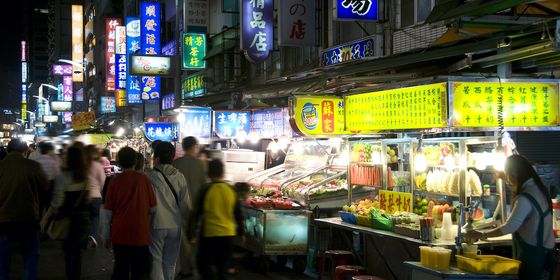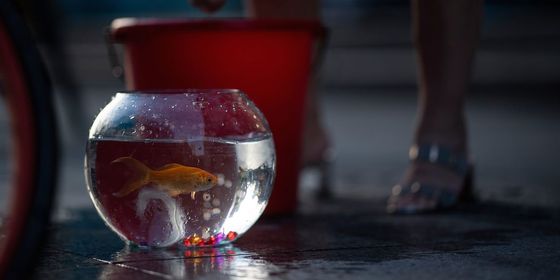The difficult history of China’s “nighttime economy”
With retail sales slowing and a trade war raging, China is betting on the “nighttime economy” to boost domestic demand. Last week, work to encourage consumption after dark received official blessing when it was put forward by China’s State Council as part of a raft of measures to shore up the economy.
Though nighttime consumption first re-emerged after 1978’s reforms, Chinese cities have been slowly embracing the idea of promoting economic activity between 6 p.m. and 6 a.m. Shanghai’s Xintiandi complex, which opened in 2001, was China’s first high-profile commercial development geared toward late-night visitors, and was followed by plans from cities such as Qingdao in 2004, and Hangzhou in 2006, to incorporate nighttime activity in their tourism and entertainment industries.
But it is only recently that the development of nighttime consumption has been pushed as an important economic strategy. Chinese cities can point to thriving after-hours economies around the world as models: In the UK, the night economy is worth around 6 percent of GDP; in New York City, it supports 300,000 jobs; and 35 percent of Berlin’s overnight stays are by visitors seeking nighttime entertainment.
In China, the nighttime economy, like everything else, has grown rapidly—it already accounts for 62 percent of retail sales in Shanghai. Data from group-buying app Meituan showed that night bookings at theme parks doubled in the last year. When Shanghai Museum launched two nights of extended hours, 2,000 tickets for the occasion sold out in 15 minutes.
In July, Beijing’s government announced plans to create a “world class night city” by 2021 by developing, among other things, 24-hour convenience stores, longer opening hours at tourist attractions, and late-night dining areas. Two subway lines will also extend their weekend hours of operation, albeit only for an hour.
Shijiazhuang, Hebei, has been reducing electricity charges for businesses operating at night; Guangzhou has launched nighttime city tours; Suzhou has lengthened the opening hours of museums; and Tianjin is planning a laser show at night on the Haihe River.
But measures to promote night time economic activity present risks, and are not always successful. In Shanghai, police have warned that the promotion of nighttime activities must not come at the expense of disturbing residents or endangering public security. Popular nighttime entertainment venues, such as KTV and VIP dance clubs, are often associated with prostitution. Raids on some bars and clubs suggest authorities are keen to promote only certain types of night time revelry, and a number of such venues in Beijing have been ordered to close for a month for the 70th anniversary of the founding of the PRC in October.
Nighttime activity without proper regulations and planning is a surefire way to annoy residents. Chongqing’s Nanbin Road has been cited as an example of how not to start a thriving nightlife area—the street suffers from traffic congestion and noise and smoke pollution. Lax regulations have also led to tragedies, such as when 43 were killed in a fire at an unlicensed club in Shenzhen in 2008.
Simply putting on nighttime events, moreover, is no guarantee that consumers will come. Since August, six nighttime tours launched in Guangzhou have attracted just 5,900 guests. During this year’s Lantern Festival, when the Palace Museum opened at night for the first time in its history, the 3,000 tickets were sold out in a matter of minutes, but many visitors complained of the tackiness of the LED displays afterward: “Is the emperor having a disco night?” demanded one comment on Weibo.
Of course, encouraging the night time economy doesn’t necessarily mean getting people out of the house. The largest volume of sales on Taobao takes place between 9 p.m. and 10 p.m. and Meituan has reported that the growth of nighttime takeout orders exceeded that of daytime orders this year. Maybe all China needs are more “996” employees forced to eat at the office; boosting the night economy doesn’t have to all be about fun.
Cover image from VCG












